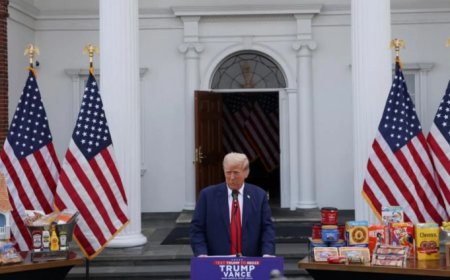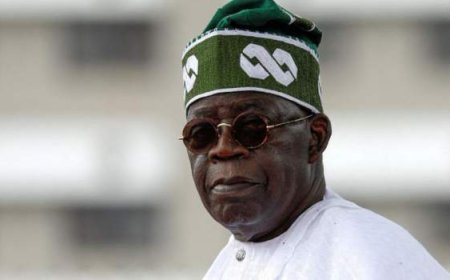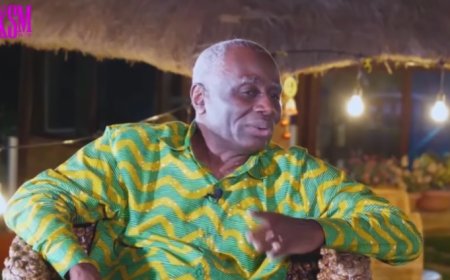TikTok Challenges U.S. Law Mandating ByteDance Divestment
TikTok has asked a U.S. federal appeals court to overturn a law requiring its parent company, ByteDance, to sell its U.S. assets or face a ban. The social media app disputes the U.S. Department of Justice's claims about its ties to China and potential national security risks.
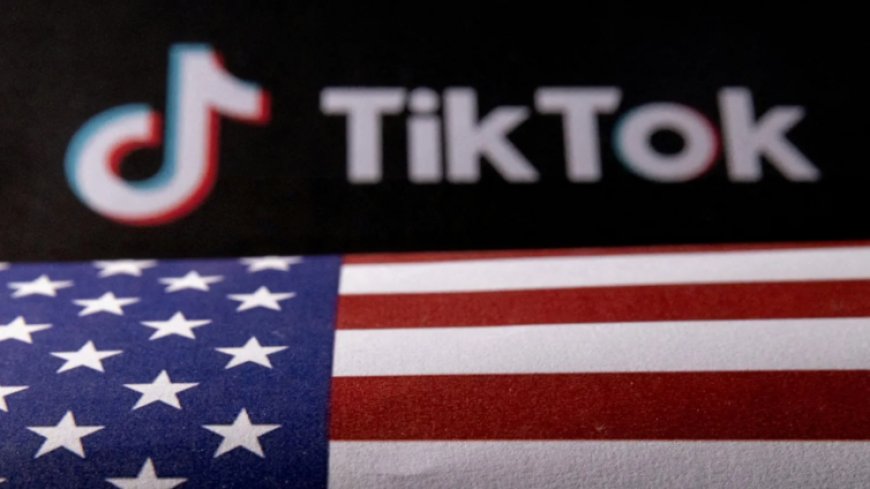
TikTok has urged a federal appeals court to overturn a law requiring its China-based parent company, ByteDance, to sell the app's U.S. assets or face a ban. The social media platform contends that the U.S. Department of Justice has misstated its ties to China, leading to concerns about national security that TikTok claims are unfounded.
The dispute centers on a law signed by President Joe Biden on April 24, which gives ByteDance until January 19 to divest TikTok's U.S. operations or risk a nationwide ban. The White House has defended the law on the grounds of national security, citing fears that the Chinese government could use the app to collect data on American users or manipulate the content they see.
However, TikTok argued on Thursday that these claims are factually incorrect. The company emphasized that its content recommendation engine and user data are stored in the U.S. on cloud servers managed by Oracle, and that all content moderation decisions affecting U.S. users are made within the country.
TikTok's legal challenge is scheduled for oral arguments on September 16, just weeks before the November 5 presidential election. The case has attracted significant political attention, with candidates from both major parties weighing in. Notably, Republican presidential candidate Donald Trump, who has joined TikTok, has stated he would not support a ban on the app. Meanwhile, Democratic candidate Vice President Kamala Harris has integrated TikTok into her campaign strategy, further highlighting the platform's influence.
In its defense, TikTok argued that the law violates its free-speech rights under the U.S. Constitution. The company challenged the Justice Department's assertion that TikTok’s content curation decisions are "the speech of a foreigner" and therefore not protected by the First Amendment. "By the government's logic, a U.S. newspaper that republishes the content of a foreign publication—Reuters, for example—would lack constitutional protection," TikTok stated.
The law also prohibits app stores, such as those operated by Apple and Google, from offering TikTok unless ByteDance divests its U.S. assets. Additionally, it bars internet hosting services from supporting the app, effectively forcing the company to sell or face severe operational constraints.
The legislation was rapidly passed by Congress amid rising concerns that China could use TikTok to access or exploit data on American citizens. These concerns have fueled a broader debate about the influence of foreign-owned technology companies in the U.S. and the potential risks they pose to national security.
What's Your Reaction?







